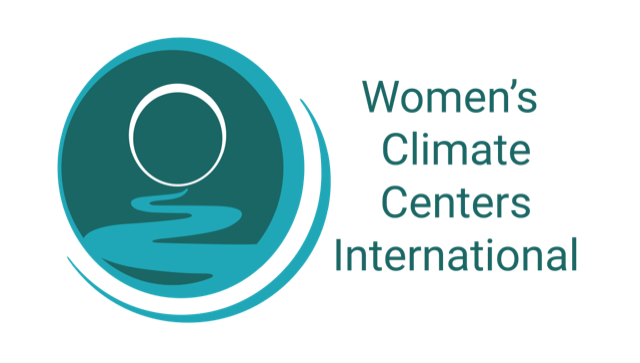Our Theory of Change
WCCI Catalyzes women’s resilience through comprehensive climate adaptation training and education
Activities
Adaptation Training entails community training on locally led adaptation actions with a focus on climate smart technologies that help communities and households reduce greenhouse gas emissions and effectively adapt to changing climate. It embodies local community actions on climate adaptation initiatives, involving participatory learning and solving climate related problems at a community level.
Capacity Building involves developing and strengthening skills, instincts, abilities, processes and resources that women and organizations need to survive, adapt and thrive in the face of climate change. This includes knowledge development and management training for the new satellite centers.
Research, Data Collection and MEL includes research to identify new technology options, knowledge and solutions; routine data collection and analysis to assess what is working and not working; quarterly data quality assessment to ensure that what is being collected is in line with WCCI’s goals.
Community Dialogues, or Community Conversations, is a process in which representatives of different members of the community come together, hold discussions on the root causes of their concerns or issues and by using their own values and capacity, pass resolutions to self-generate community action plans. WCCI uses Community Dialogues to building local support and collectively co-create solutions.
Outreach includes promoting WCCI to new potential community and organizational partners with the aim of creating new satellites.
OUTPUTS
Outputs are the immediate products of our WCCI work. They represent an intermediate step in the path to significant, amplified outcomes.
Outputs include: Biointensive Farming, Conservation/Forestry, Climate Smart Technology Entrepreneurship, New Satellites.
Biointensive Farming is organic, sustainable agriculture that provides increased yields while ensuring the soil fertility and contributing to biodiversity
Environmental Conservation/Forestry are land management practices that improve environmental conditions, promote ecosystem protection, increase tree planting and restore forests. These practices reduce erosion, improve soil health and increase biological diversity.
Climate Smart Technology are technologies that replace high carbon emitting products (often imported) and practices with those that produce less greenhouse gas emissions, conserve natural resources, are naturally regenerative, and create local jobs for women.
Women’s Entrepreneurship increases women’s economic opportunities through new business ventures or new ways to generate income.
New Satellites are centers that are established through formal partnerships with existing, local NGOs and community-based organizations to bring WCCI services to frontline communities. Through these satellites, WCCI will scale up to reach thousands of rural, East African women. These organizations get technical support and oversight from WCCI to ensure alignment and synergy.
Impacts and OUTCOMES
Impacts are the intermediate and/or final results of activities and outputs. The outcomes are the final results of all work impacts. WCCI’s outcomes are tied to the United Nations’ Sustainable Development Goals, including: Reducing Women's Poverty, Building women's Equity & Inclusion, Providing Clean Water and Sanitation, Improving Economic Security and Promoting Climate Action.
HOW WE MEASURE OUTCOMES
WCCI employs numerous tools to collect data such as conducting periodic, in person assessments that include interviews with community members and home/site visits to observe what is being implemented. Moving forward WCCI will work with local trainers to collect real time information with digital templates so that information can be immediately uploaded to the WCCI database to track and analyze.

